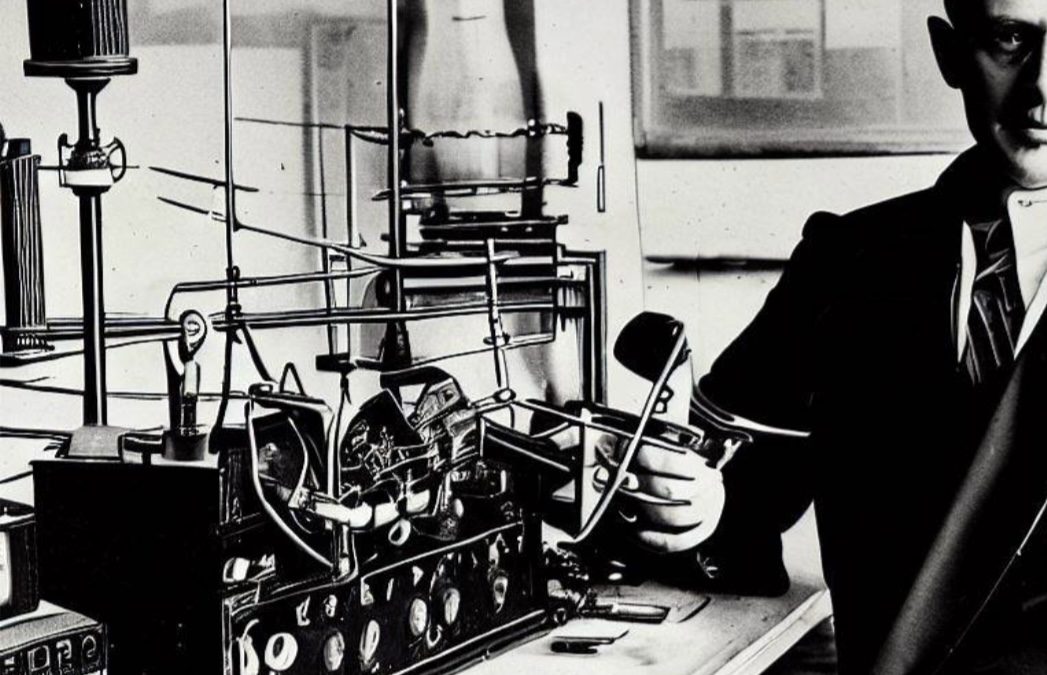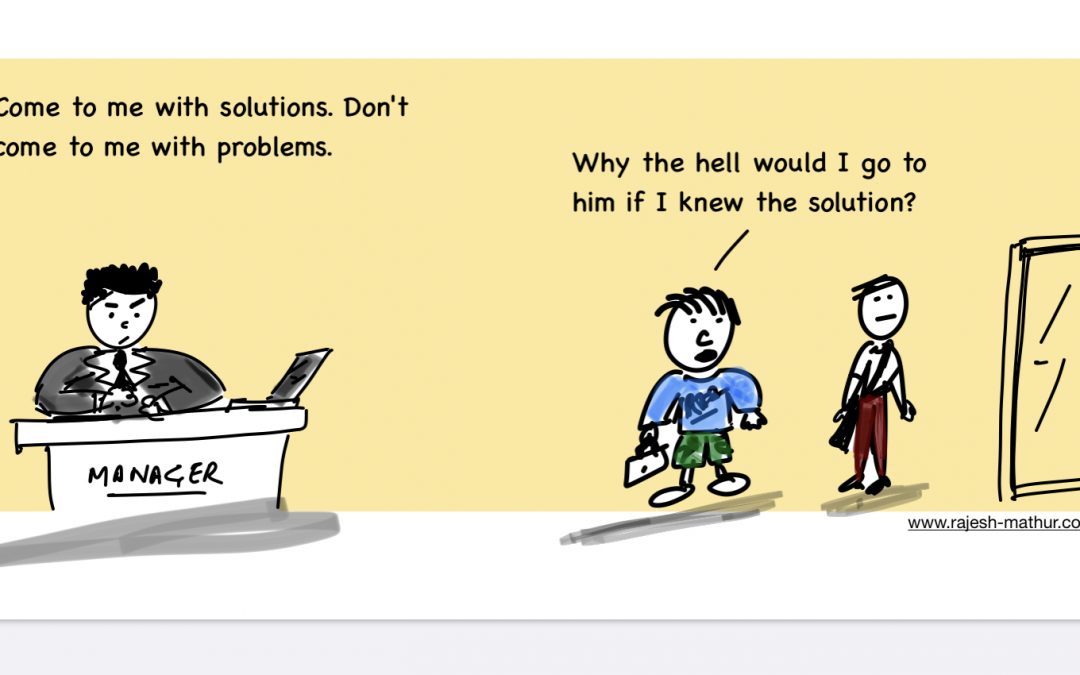
Lessons that we can learn from inventor Marconi’s journey
There is one invention that we can’t live without.
And its inventor was a 20 years old homeschooled kid.
Without this invention, we would not have the advancement that we have in the world.
Looks like schools are overrated!
This inventor was G. Marconi and his invention was the radio.
Or, correctly put “radio-wave based wireless telegraph system”.
If you are a founder, product person or innovator, read on!
There are many lessons in this post.
Marconi was born in a rich family.
He did not attend formal school, and learned Maths, Physics and Chemistry at home through private tutors.
He was privileged, but he was also passionate.
You can’t excel in anything without passion, let alone invent new things.
Marconi was inquisitive.
He learned the theories of electricity from a high school Physics teacher, who became his mentor.
His curiosity led him to renowned Physicist, Augusto Righi who was a pioneer of electromagnetism and the first one (with J.C. Bose) to generate microwaves.
Marconi was bold.
He asked permission for attending Righi’s lectures, use his library and his lab at the University.
Did he get all? Yes.
If you don’t ask, you don’t get.
As I noted above, Marconi was resourceful. He utilized whatever was accessible to him.
Through Righi, he came across Hertz’s work on electromagnetic radiation. This was something that interested Marconi and motivated him to explore more.
In Hertz’s work, Marconi found something that other inventors weren’t focusing on.
He might have found his niche.
And he was not even 20 years old. Plus, Internet or wifi were not invented yet.
Even as a child, he ran a lot of experiments.
That’s what inventors, startup founders and people in product do.
Experiments teach us a lot, and when they fail then failure teaches us a lot.
Experiments also help us validate our hypotheses.
It took Marconi a few years, but his experiments on radio waves finally became fruitful.
In 1894, he successfully tested a radio transmitter.
We know Marconi as the inventor of the radio, but he clearly had an entrepreneurial spirit.
What did we learn here:
Success can take time, but nothing can beat passion, curiosity, courage, resourcefulness, and hard work.
I am sure that inventing the radio was not all smooth sailing for Marconi, but who said that life of an entrepreneur or inventor is easy?



